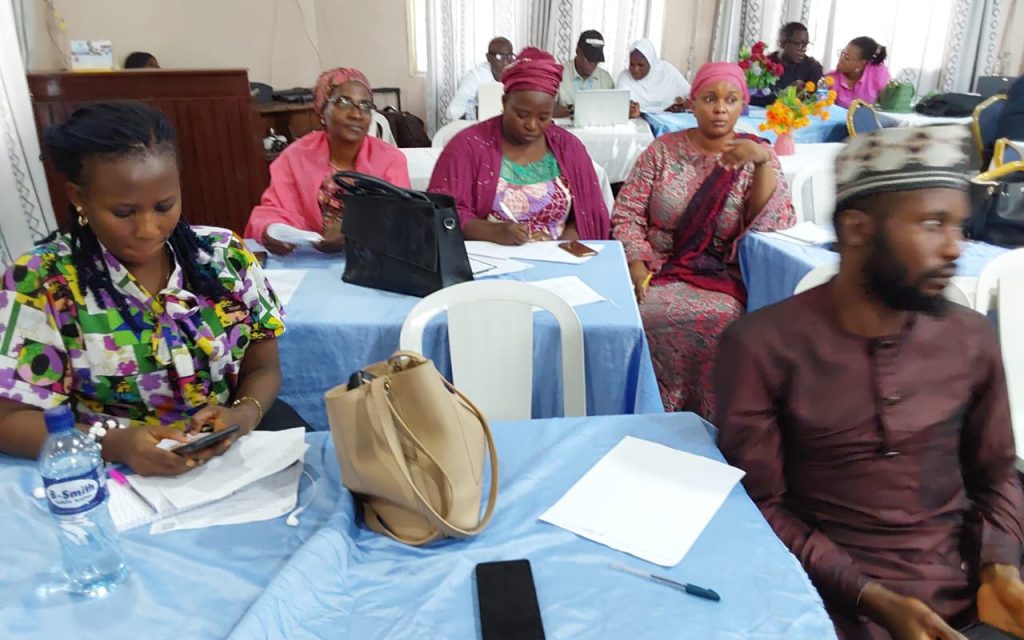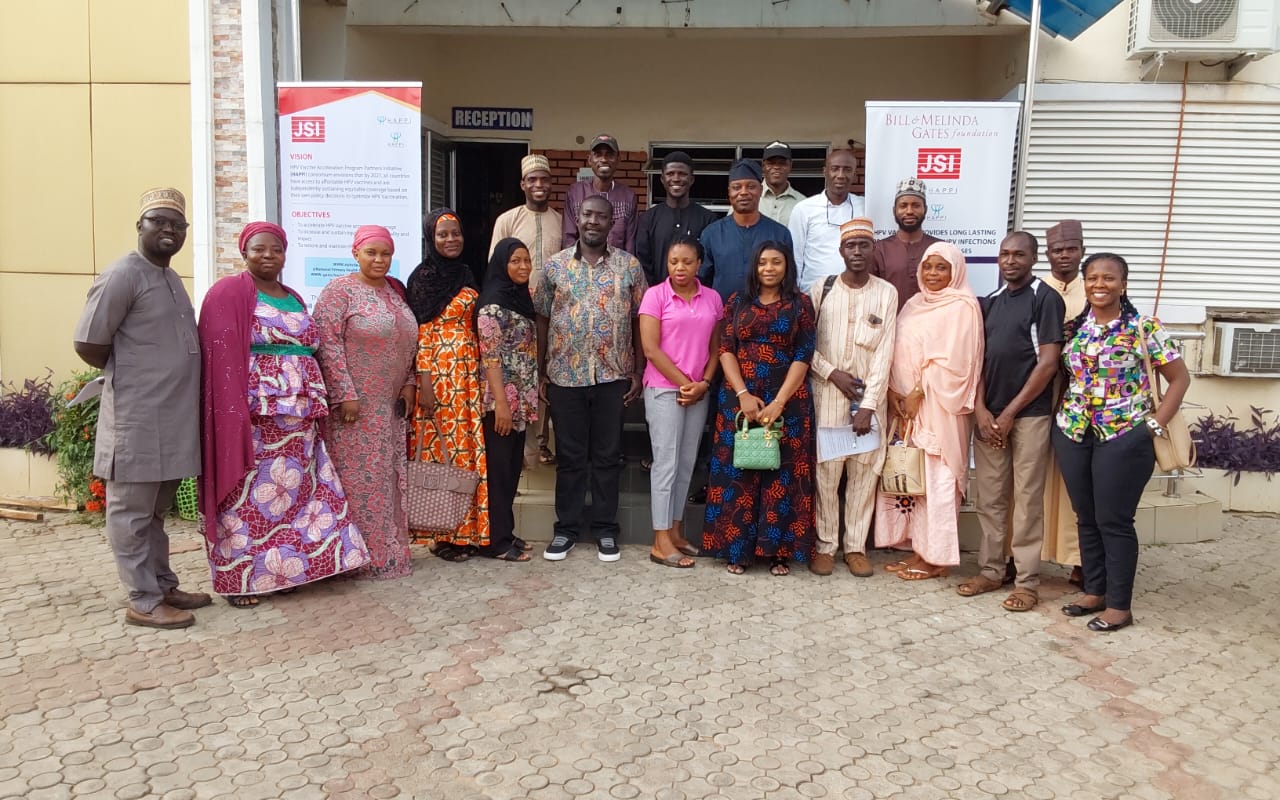By Dare Akogun
The Kwara State Government has announced plans to vaccinate over 300,000 girls between the ages of nine and 14 against the Human Papilloma Virus (HPV) in a bid to tackle cervical cancer.
The Director of Primary Health Care at the Kwara State Primary Healthcare Development Agency Dr. Michael Oguntoye, disclosed this during a State Engagement meeting with Media Stakeholders in Ilorin.
The meeting was held in preparation for the introduction of the HPV vaccine in the state.
The vaccination programme is being implemented by John Snow Incorporated (JSI), a member of the HPV Vaccine Acceleration Programme Partners Initiative (HAPPI) Consortium, and is funded by the Bill & Melinda Gates Foundation.

Dr. Oguntoye stated that the Federal Government initiated the vaccine programme last year, targeting school girls as well as out-of-school girls aged nine to 14 years.
“The campaign will be flagged off by Kwara First Lady, Ambassador Dr. Olufolake AbdulRazaq.
“The HPV vaccine will be available across all PHC facilities in the state, and the target audience is school girls and out-of-school girls between nine and 14 years,” he said.
He assured that the vaccine is safe and effective, emphasizing that it is not intended to reduce population or as a family planning strategy.
Dr. Dupe Shittu, the Social Mobilization Officer at the Kwara State Primary Healthcare Development Agency, explained that HPV is a group of viruses that can infect the genital areas of both men and women.
She highlighted that while many HPV infections resolve on their own, certain strains can lead to serious health issues, including cervical cancer.
“One of the most concerning outcomes of persistent HPV infection is cervical cancer. Cervical cancer affects women globally, and Nigeria is no exception.
“Our nation bears a heavy burden of cervical cancer cases, impacting the lives of our mothers, daughters, sisters, and wives,” Dr. Shittu said.
She noted that Nigeria has one of the highest rates of cervical cancer incidence in the world, which not only affects women’s health but also impacts families, communities, and society as a whole.
She further explained that the most common mode of transmission is through sexual intercourse, including vaginal, anal, and oral sex, and that the virus can be passed even if there are no visible signs or symptoms.
Mr. Kannah Terri Ibrahim, the Social and Behavioural Change Communication Officer at JSI, discussed the importance of combating misinformation, myths, and rumours surrounding HPV vaccination. He emphasized the need for accurate information dissemination to the public.
Mr. Ibrahim added that the consortium envisions that by 2027, all countries will have access to affordable HPV vaccines and will sustain equitable coverage independently, based on their own policy decisions.
Dr. Mary Olusola Okpodu, a Media Consultant, urged media professionals to adhere to ethical principles in their reporting on cervical cancer.
Speaking on “Ethical Reportage on Cervical Cancer,” Dr. Okpodu called for truthful, fair, and responsible journalism that considers the potential impact on individuals and communities.
The Federal Government introduced the first phase of the HPV vaccine into the routine immunisation system on October 24, 2023, targeting over seven million girls aged nine to 14 years.
This represents the largest single round of HPV vaccination in the African region.
The first phase included 16 states and the Federal Capital Territory, with the second phase set to cover the remaining states, including Kwara.

